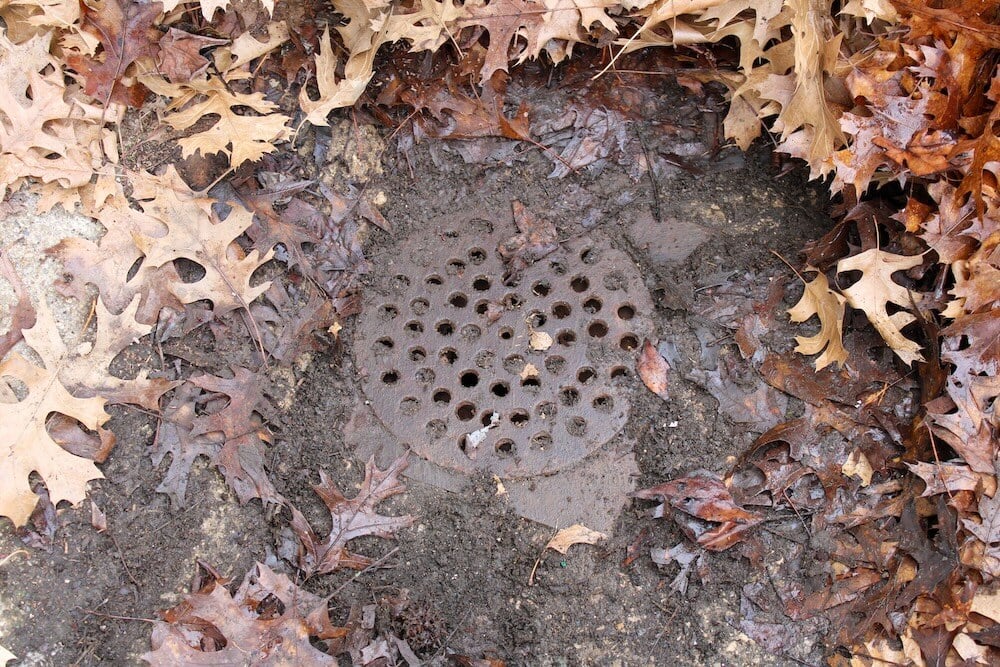Topics:
Skip to main content
A-1 Concrete Leveling is hiring a Training and Logistics Manager.
View Job Posting
Find Your A-1 Concrete Leveling Location
Providing your email address will keep you updated should we need to provide updates specific to your location.
Search for topics or resources
Enter your search below and hit enter or click the search icon.
Services




Services
Concrete Leveling
Concrete Leveling
Concrete Cleaning
Concrete Cleaning
Concrete Caulking
Concrete Caulking
Concrete Sealing
Concrete Sealing
Who We Serve
Learning Center
About




